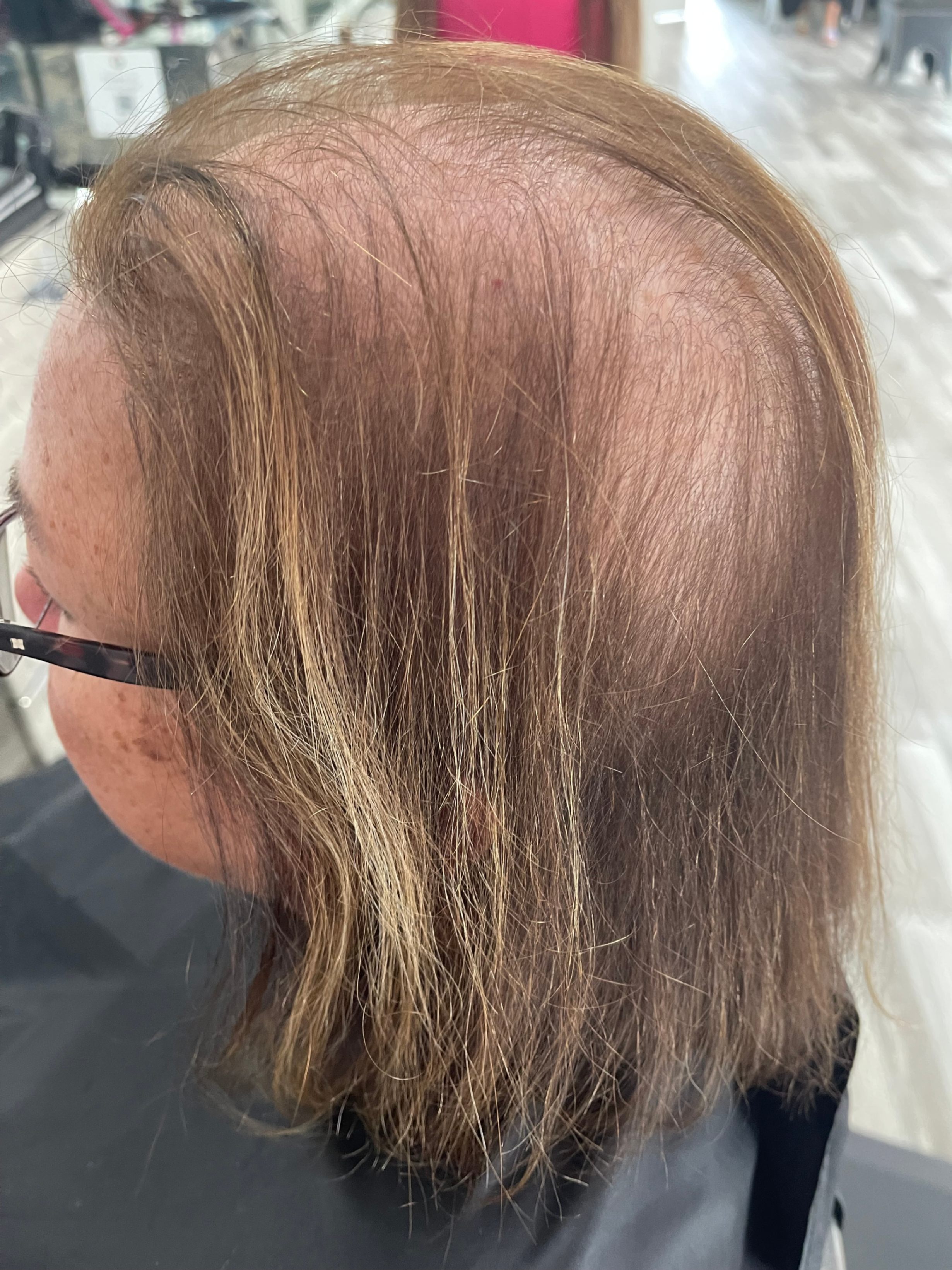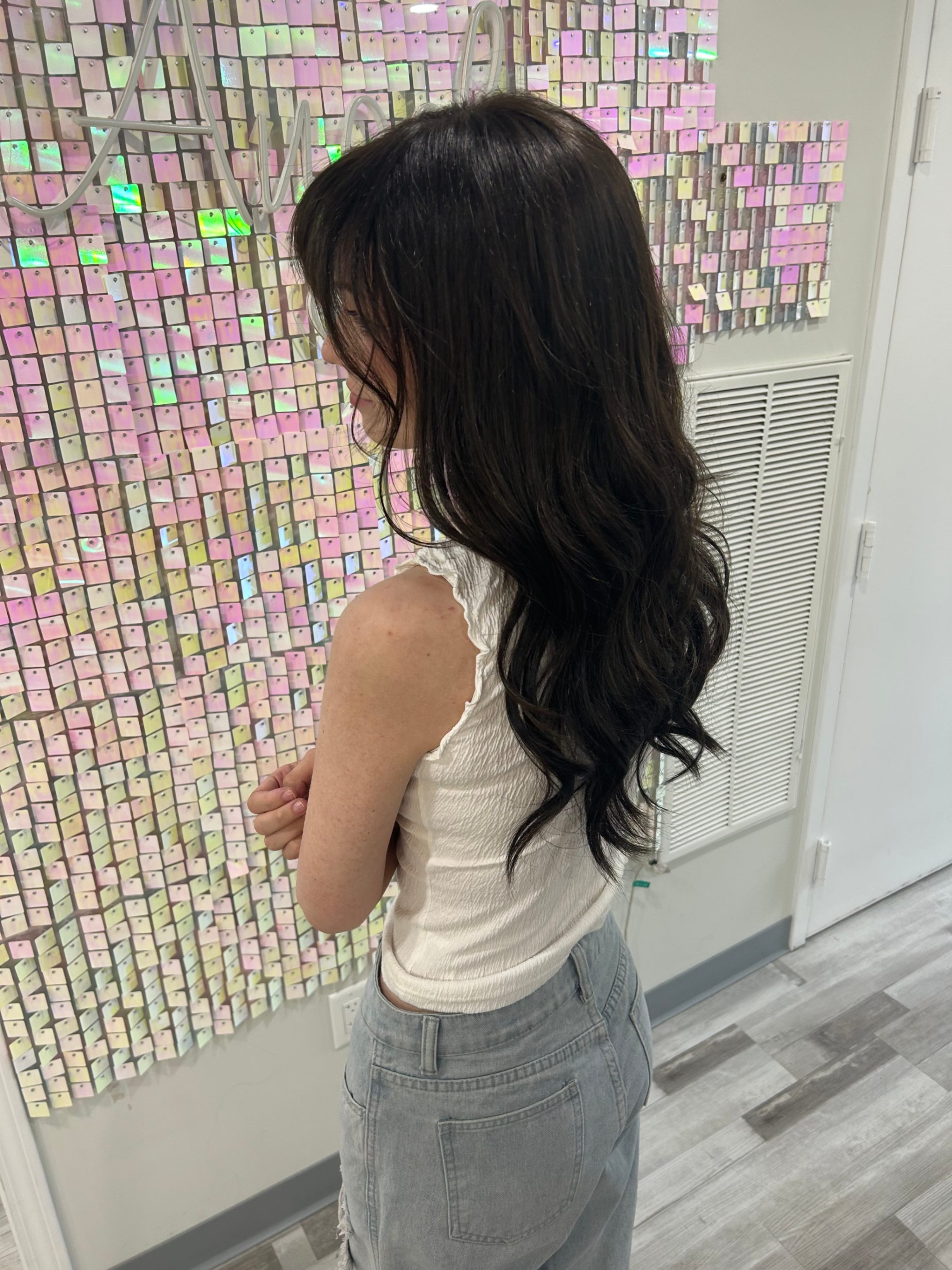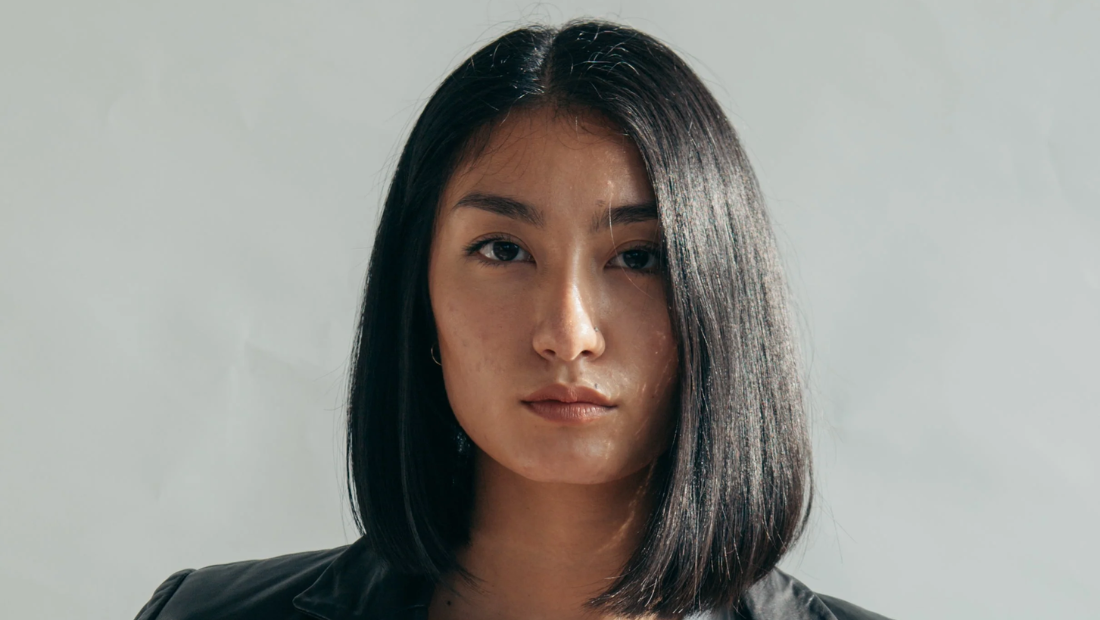Exploring the Link: Can Chronic Pain Cause Hair Loss?
Did you know that the stress from chronic pain may be the culprit that is causing your hair loss condition? Chronic pain syndrome is no joke; certain medications may exacerbate your hair loss! I have suffered back pain for years and tried everything from physical therapy to injections, and acupuncture. I noticed my skin and hair were becoming dry and realized that my back pain was causing the majority of my stress from pain. As a hairstylist, I am on my feet for long hours, and I would end my day heading straight to bed. I knew that I needed to manage the pain that was causing stress to my body, affecting my hair! I sought out "prolotherapy," at Boston Prolotherapy.
What types of chronic conditions can cause hair loss?
Certain chronic conditions, such as autoimmune diseases, thyroid disorders, and chronic stress-related issues, can lead to hair loss. Conditions like lupus, alopecia areata, and hypothyroidism are particularly known for affecting hair health. Managing these underlying conditions is crucial in addressing the potential for hair loss associated with them.
How Stress Disrupts the Hair Growth Cycle
One of the main ways that chronic pain, stress, and injury can lead to hair loss is through a disruption of the hair growth cycle. Our hair goes through different stages of growth and shedding, and any significant physical or emotional trauma can interrupt this cycle. This disruption can lead to what is known as telogen effluvium, a condition in which the shedding of hair occurs at a rate greater than it grows.
In addition to the disruption of the hair growth cycle, chronic pain, stress, and injury can also contribute to a condition known as stress-induced hair loss. When the body is under stress, it can trigger hormonal imbalances that affect the hair follicles and overall nutrition. This can result in hair thinning, shedding, or even bald patches.
Coexisting medical conditions impacting hair loss and Fibromyalgia
Chronic pain often coincides with various medical conditions that can further complicate hair loss issues. Autoimmune disorders, such as lupus or alopecia areata, are prevalent among individuals with chronic pain and can lead to distinct patterns of hair loss. These conditions can disrupt normal hair growth processes, causing patches of hair loss or generalized thinning. Recognizing the underlying health issues is key to developing an effective treatment strategy.
Additionally, thyroid imbalances are another common condition affecting individuals with chronic pain. Thyroid dysfunction can result in significant changes to hair health, often leading to thinning hair or hair loss. Regular monitoring of thyroid hormone levels can be essential for identifying and addressing potential issues that may be contributing to hair loss.
PCOS and Hair Loss
Moreover, conditions like Polycystic Ovary Syndrome (PCOS) are also linked to hair loss, particularly in women. Hormonal imbalances associated with PCOS, including testosterone, can lead to thinning hair and increased shedding. It's vital for individuals with chronic pain to be aware of coexisting medical conditions that may impact their hair health and seek appropriate medical advice to manage these conditions effectively.
Overall, understanding the interaction between chronic pain and other medical issues is crucial in addressing hair loss. Collaborating with healthcare providers can lead to a comprehensive approach that targets both chronic pain management and hair restoration.

Medications and their role in hair loss
Medications prescribed for chronic pain can sometimes lead to hair thinning or loss as a side effect. Numerous pain management medications, including certain antidepressants and anti-inflammatory drugs, have been associated with hair loss. Understanding the potential impact of these medications is essential for anyone experiencing hair loss while managing chronic pain.
It's important to communicate openly with your healthcare provider about any concerns related to hair loss and the medications you are taking. In some cases, adjustments to your medication regimen may help alleviate hair-related issues without compromising pain management. Alternatives or adjunct therapies may provide relief from pain while minimizing the risk of hair loss.
Chronic Pain Solutions
Understanding the link between chronic pain, stress, injury, and hair loss is the first step in finding solutions to address this issue. By recognizing the connection, we can explore options such as prolotherapy for pain management, using hair systems like those offered by Boston Prolotherapy, and implementing effective stress management techniques. It's important to seek professional help, such as consulting with a hair loss specialist or visiting Noelle Salon Hair Loss, to determine the underlying cause of the hair loss and develop a personalized treatment plan.
Hair Toppers Help to Restore Hair and Confidence
Hair toppers can be a game-changer when it comes to covering hair loss caused by chronic pain, stress, or injury. These versatile hairpieces are designed to blend seamlessly with your natural hair, providing instant volume and coverage where you need it most.
Hair toppers come in various styles, lengths, and colors, allowing you to find the perfect match for your hair. They can be attached using clips, tapes, or adhesives, ensuring a secure and comfortable fit. Whether you're dealing with thinning hair, bald patches, or receding hairlines, hair toppers can give you the confidence boost you've been looking for.

Non-Surgical Scalp Hair Replacement
Hair toppers are also a non-invasive solution for hair loss, making them a great option for those who want to avoid surgical procedures. They allow you to maintain your current hairstyle while adding the extra coverage you desire. What is even better, is our hair systems are applied without shaving or gluing -- we attach them with a beaded matrix which allows them to be worn for one month at a time. We then remove, treat, and replace the hair topper. With proper care, our hair toppers can last up to one year of daily wear!
Managing Stress
Prolotherapy is also a minimally invasive procedure, making it a safe and convenient option for those seeking to address hair loss. Unlike surgical procedures, prolotherapy does not require any incisions or sutures, minimizing the risk of complications and reducing downtime. Many individuals find prolotherapy to be a highly effective and natural alternative to managing pain.
Regular Excercise Releases Endorphines
One effective way to manage stress is through regular exercise. Physical activity releases endorphins, which are known as "feel-good" hormones. These endorphins help reduce stress and improve overall well-being. Try incorporating activities like yoga, swimming, or even taking a leisurely walk in nature. Not only will this help manage stress, but it also improves blood circulation to the scalp, promoting hair growth.
Hair Loss Can Cause Stress
Hair loss can be a distressing experience, especially when it is caused by chronic pain or injury. However, there are solutions available to help cope with this issue and promote hair growth. Understanding the link between chronic pain, stress, and hair loss is crucial in finding effective treatments. Chronic pain, stress, and injury can disrupt the hair growth cycle, leading to excessive shedding and thinning of hair. This can cause significant distress and affect self-esteem.
Diagnosis and Tests for Hair Loss in Chronic Pain Patients
Determining the cause of hair loss in individuals experiencing chronic pain involves a comprehensive evaluation. Healthcare providers may begin with a detailed medical history and physical examination, identifying any underlying conditions like chronic telogen effluvium or alopecia areata. Blood tests can assess inflammation, hormonal levels, and nutritional deficiencies that may impact hair follicles and overall hair health. Understanding the intricate relationship between chronic pain and hair loss is vital for tailoring effective treatment strategies that address both issues holistically.
How is hair loss diagnosed?
Chronic pain can lead to significant stress, which disrupts the delicate hair growth cycle. Stress triggers telogen effluvium, a common type of hair loss characterized by increased shedding of hair and thinning of hair in various areas of your body. Meanwhile, conditions like fibromyalgia further exacerbate inflammation and may strain the immune system, contributing to hair health issues. As a result, individuals suffering from chronic pain may experience more than just physical discomfort; emotional turmoil often leads to noticeable alopecia areata or bald patches. It may be beneficial for individuals to consult a healthcare provider for advice on managing these symptoms.
What tests are used for diagnosis?
The intricate relationship between chronic pain and hair loss often highlights a broader issue involving the body's response to stress and inflammation. Conditions like fibromyalgia can trigger telogen effluvium, where hair follicles enter a shedding phase due to increased cortisol levels associated with fibromyalgia. Moreover, chronic illness can lead to nutritional deficiencies, further exacerbating hair thinning. Maintaining hair health requires a comprehensive approach that considers diet, stress management, and overall wellness, fostering a more resilient body and potentially reducing the risk of hair loss.
Noelle Salon Can Help
With Alopecia Areata, fungal infections, other autoimmune diseases, thinning hair by Trichotillomania which removes hair follicles by physical means. At Noelle Salon, we cover the various approaches to hair solutions to treat hair loss, female pattern baldness, male pattern baldness, balding spots, and other conditions to which you lose hair. At Noelle Salon, we focus on hair growth techniques. Hair systems and hair extension maintenance is part of the journey while wearing them. For Trichotillomania, as our hair grows they both will loosen, and service is required. The difference between a hair system and hair extensions for Trichotillomania clients varies based on the location of hair loss.




